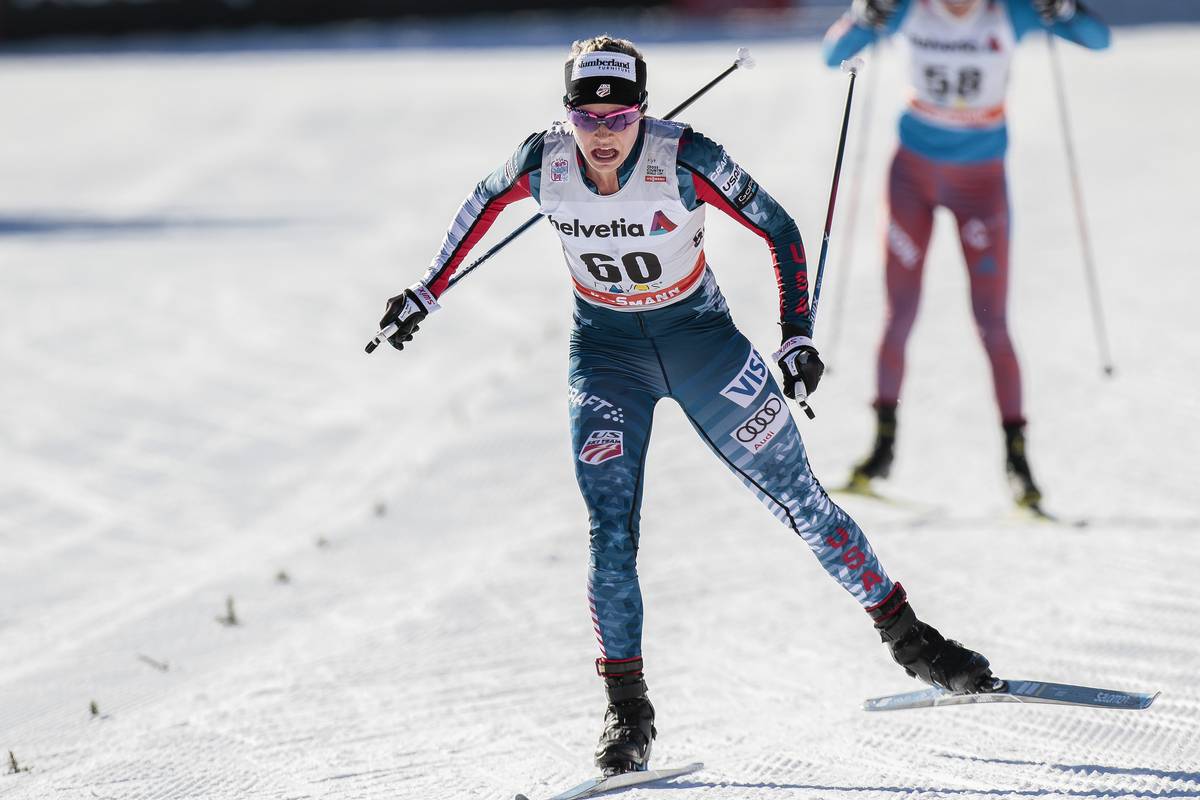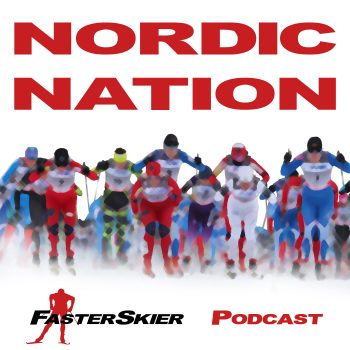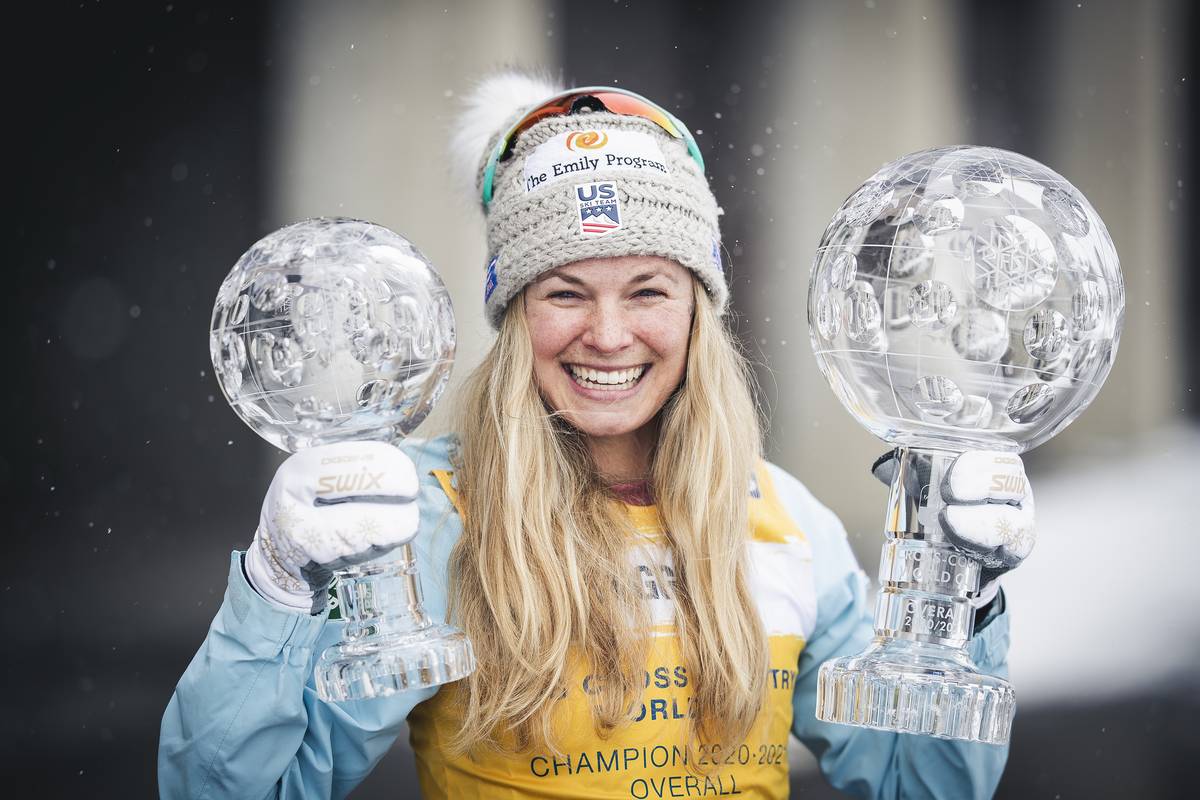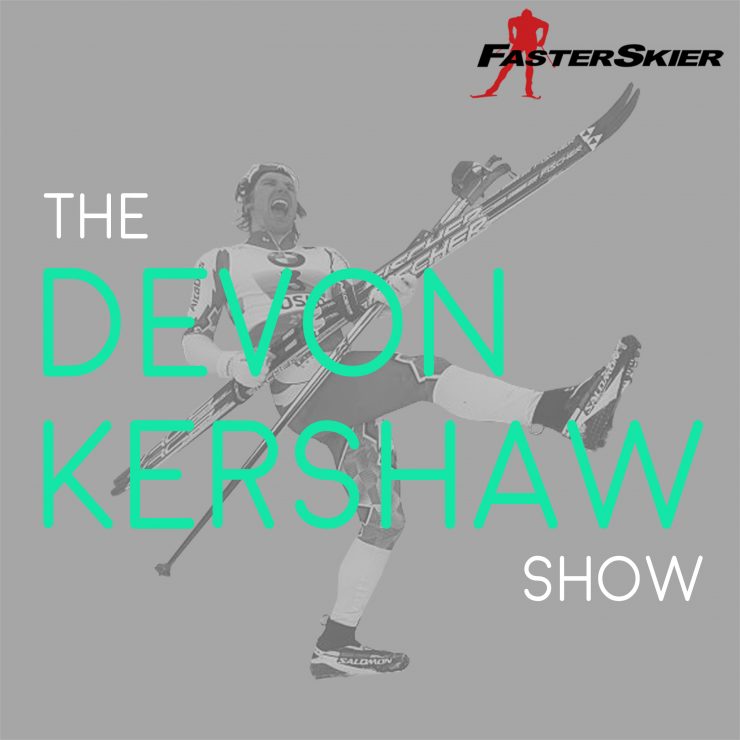Render it all down, it’s about the human element of competition on the World Cup. In this episode of Nordic Nation, we first speak with U.S. Ski Team Head Coach Chris Grover and then with one of the team’s athletes crushing right now in the Tour de Ski, Jessie Diggins. The topic at hand: breaking down an International Ski Federation (FIS) document sent to coaches after each race called a “Competition Analysis”.
These are not publicly posted where one might expect to find them (with results and World Cup standings) on the FIS site, unlike the International Biathlon Union (IBU), which publishes similar competition analyses (but with a lot more information, like shooting speed and time spent on the shooting range). While Grover wasn’t sure why FIS doesn’t link to these, one thing’s for sure: these analyses can be tools for coaches and athletes in dissecting races beyond the televised checkpoints.

Specifically, we’ll discuss the competition analysis from the women’s 15-kilometer freestyle on Dec. 10 in Davos, Switzerland. Diggins placed fourth in that race. The FIS Competition Analysis is a tool coaches and skiers can use to see exactly where they skied effectively, and where they may have lost time. In Davos, pretty much Diggins skied fast.
Here’s a link to the Davos competition analysis. It’s useful to check it out a bit before listening to the podcast, but not totally necessary … but it does help.
And just to remain timely, here’s a FIS Competition Analysis from the Tour de Ski’s stage 4 women’s 10 k freestyle pursuit in Oberstdorf, Germany; Diggins placed fifth and her U.S. teammates had an impressive day as well.
Other references: 2016 FIS Cross-Country Homologation Manual
Time for the podcast. Thanks.
Jason Albert
Jason lives in Bend, Ore., and can often be seen chasing his two boys around town. He’s a self-proclaimed audio geek. That all started back in the early 1990s when he convinced a naive public radio editor he should report a story from Alaska’s, Ruth Gorge. Now, Jason’s common companion is his field-recording gear.



